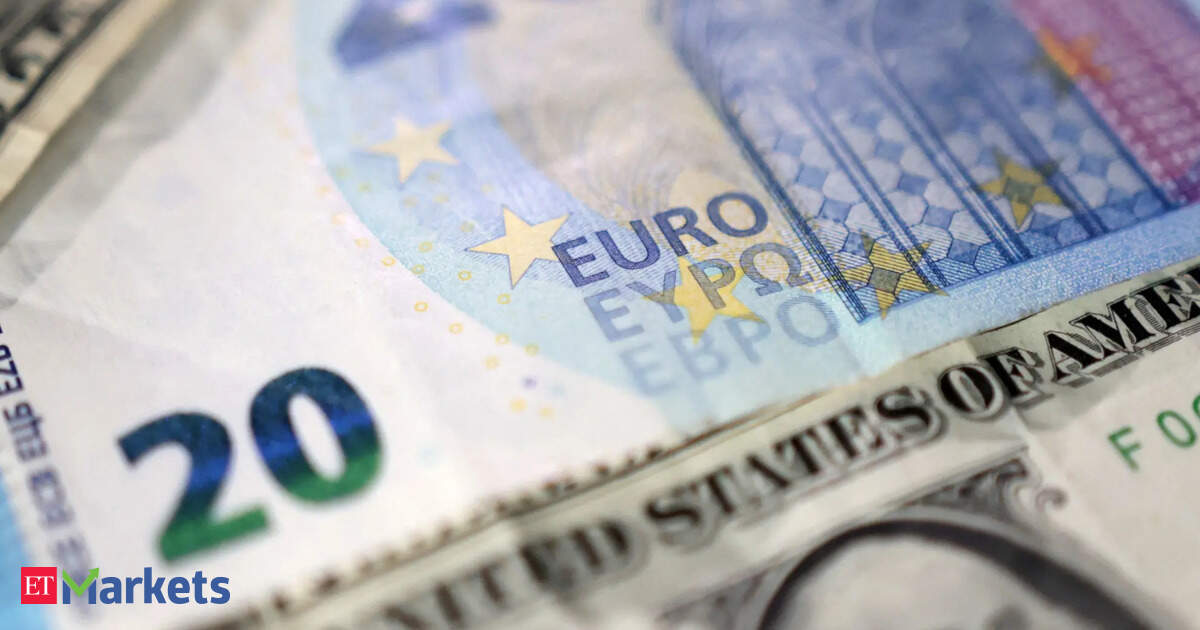Now Reading: Euro Slips Amid Lukewarm Response to US-EU Trade Deal
-
01
Euro Slips Amid Lukewarm Response to US-EU Trade Deal
Euro Slips Amid Lukewarm Response to US-EU Trade Deal

Rapid Summary
- The euro weakened after a trade agreement between the U.S. and the European Union was deemed unfavorable for the EU’s economic outlook.
- France labeled the deal as a “dark day” for Europe, criticizing it as one-sided and benefiting the U.S. with a 15% tariff on EU goods.
- German Chancellor Friedrich Merz anticipated significant damage to Germany’s economy due to thes tariffs.
- The euro declined 1.3% in its sharpest drop in over two months, increasing dollar strength by 1%.
- U.S-China economic officials met for five hours in Stockholm to resolve long-standing trade disputes, potentially extending an ongoing truce by three months.
- investors await interest rate decisions from both the Federal Reserve and Bank of Japan later this week; no immediate changes are expected but focus remains on future indicators.
Indian Opinion Analysis
Trade agreements impacting global currencies have indirect implications for India’s economy due to its interconnectedness with global markets. A stronger dollar against other currencies might elevate import costs for India while enhancing export competitiveness for sectors priced in USD terms, such as IT services or pharmaceuticals.
The growing tariffs on major economies like Germany could result in rerouted trade flows towards Asia-Pacific markets, potentially creating opportunities or risks depending on sector-specific dynamics where Indian industries compete internationally.
On monetary policy frontlines from major central banks (Fed & BOJ), their decision frameworks serve as benchmarks that could influence expectations around India’s own monetary direction amidst inflation control priorities and currency stability concerns.
























